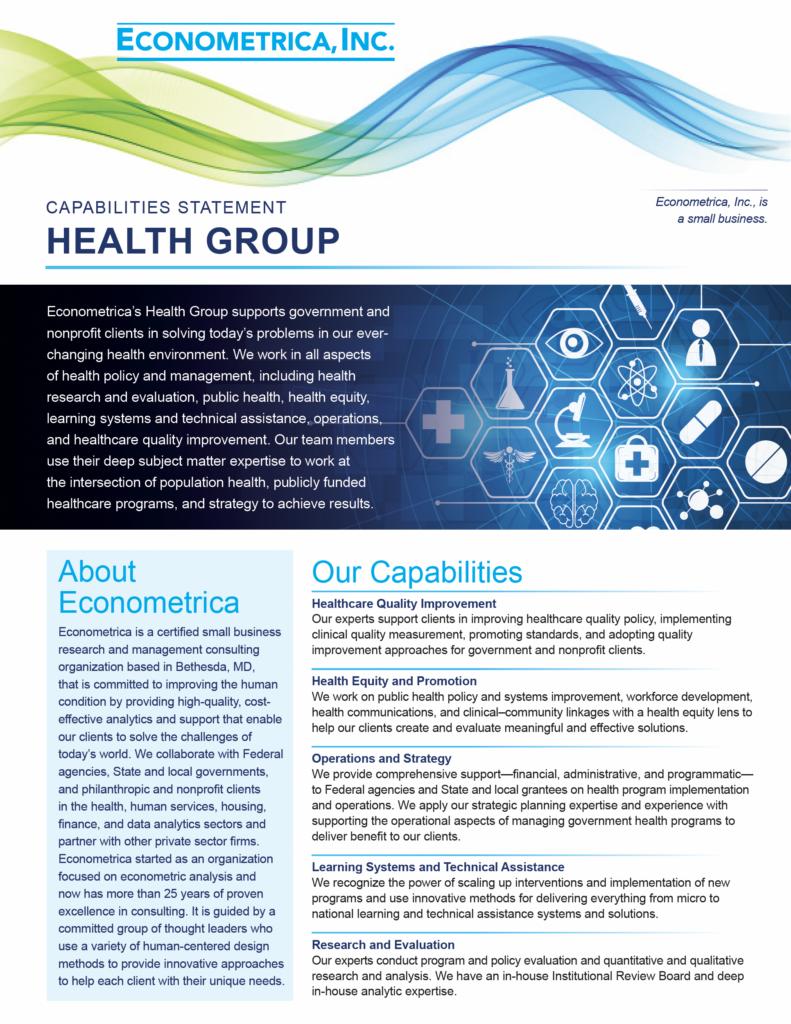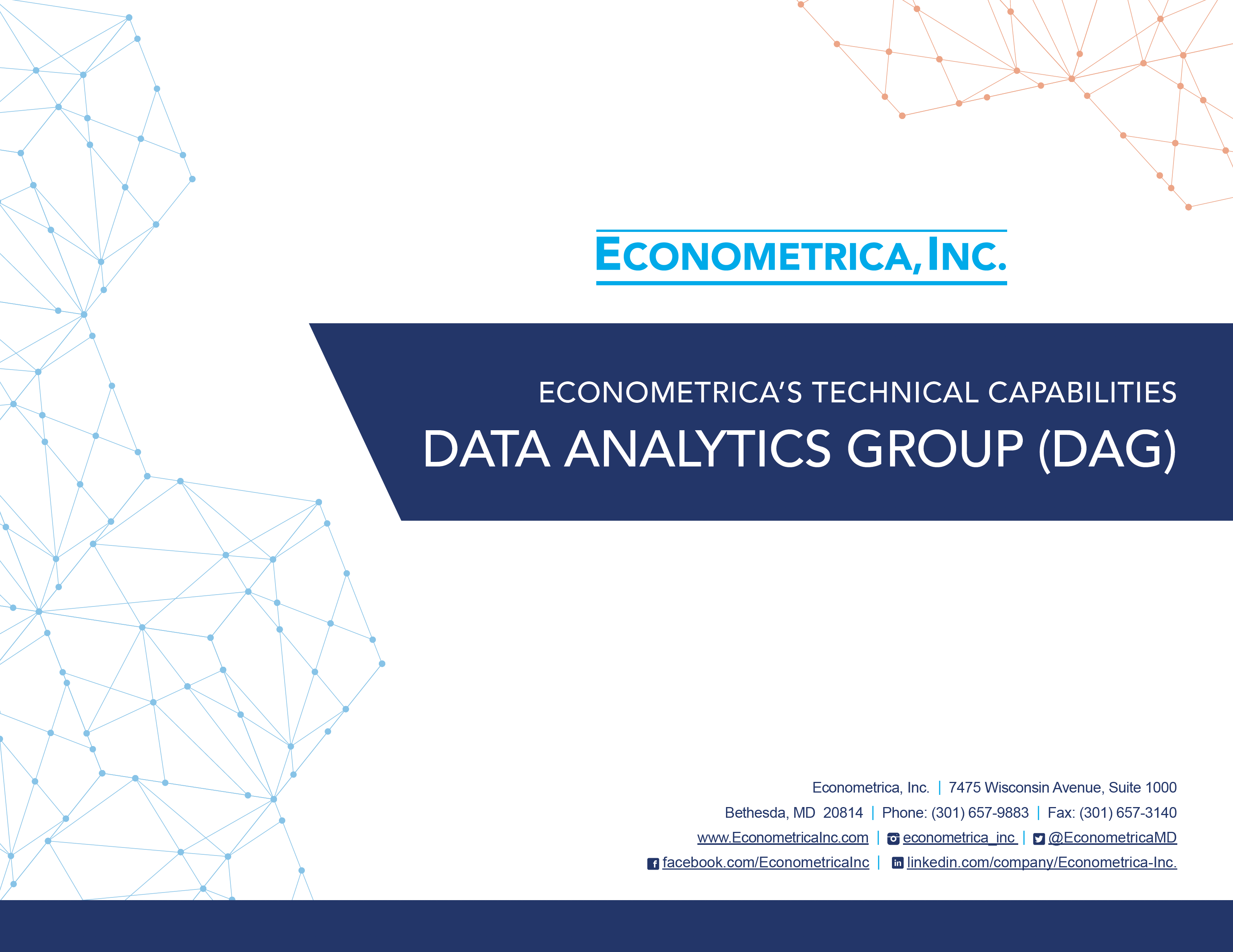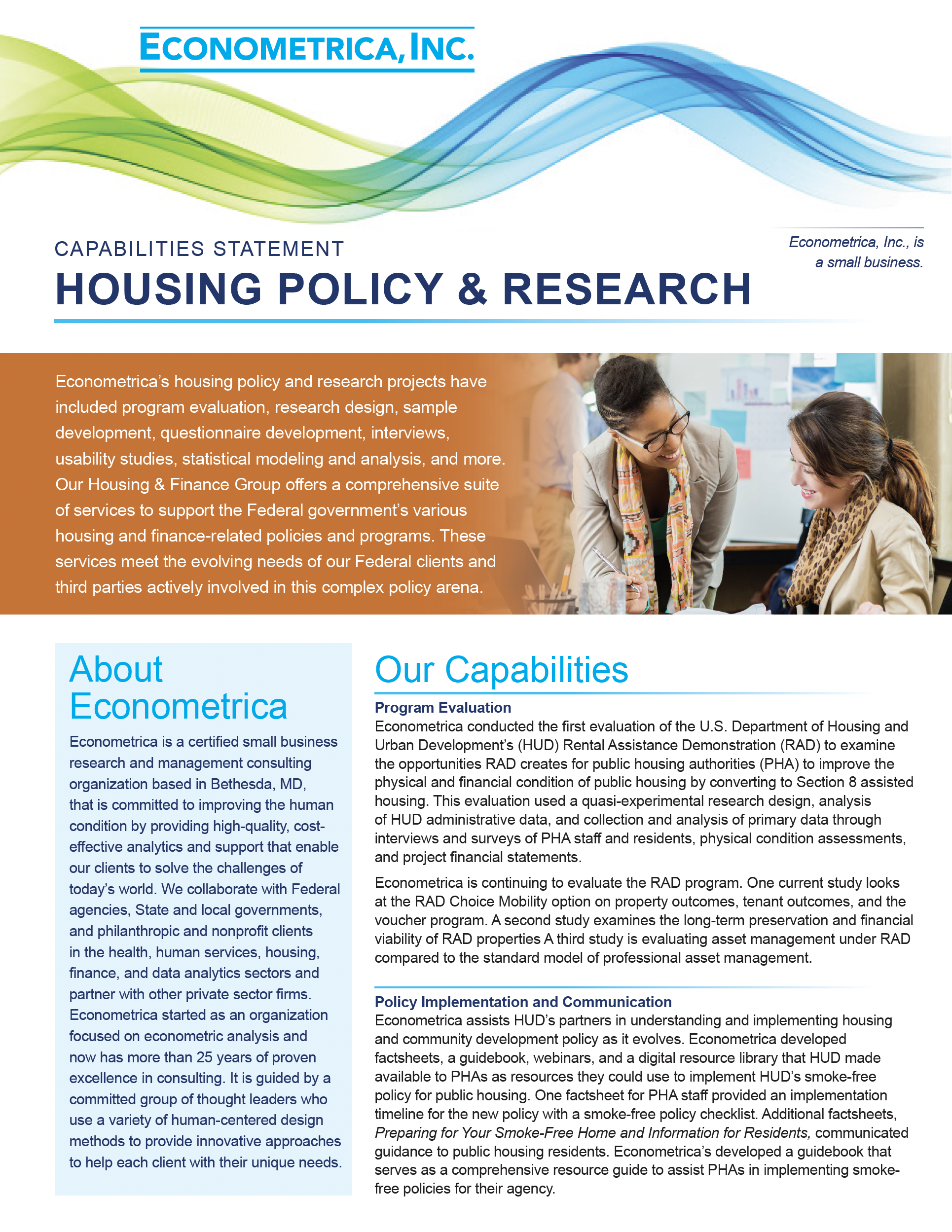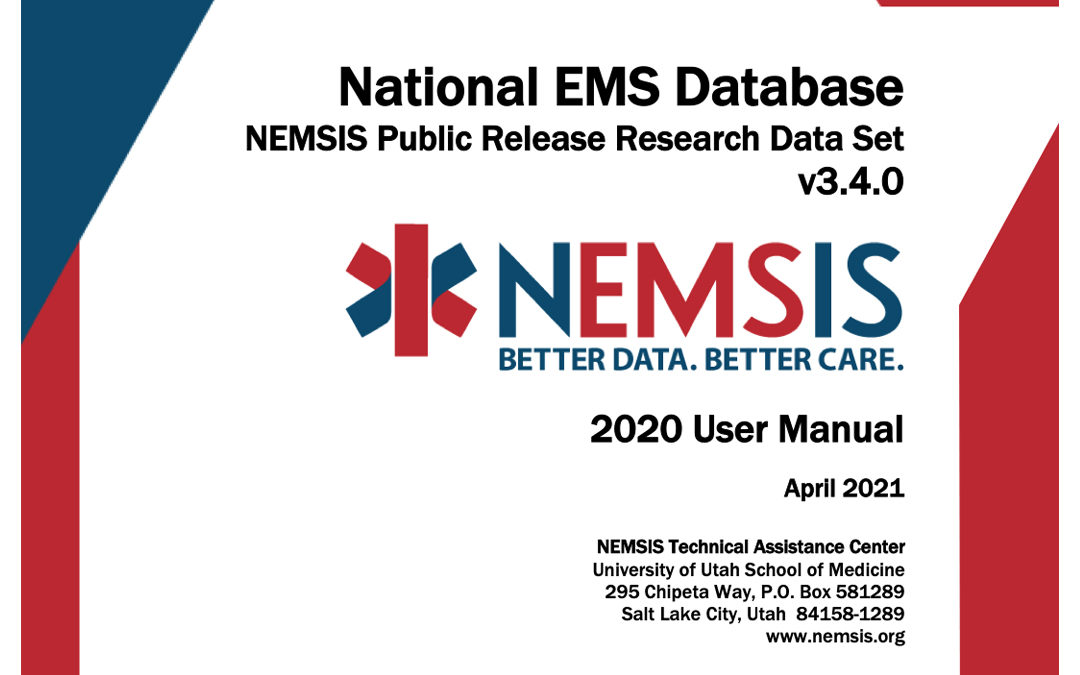
NEMSIS Is a Valuable Resource for Both EMS Practitioners and Researchers
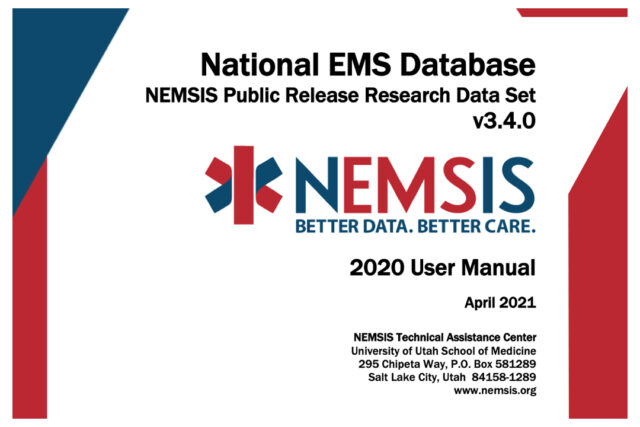
The National Emergency Medical Services Information System (NEMSIS) strives to overcome the problems associated with aggregating complex data collected on the ground from widely dispersed, decentralized sources. The NEMSIS standard creates a uniform structure and language, as well as a central repository, for data reporting from emergency management services (EMS) agencies across the country. NEMSIS is managed by the National Highway Traffic Safety Administration’s (NHTSA) Office of EMS in partnership with the University of Utah, which hosts the Technical Assistance Center.
NEMSIS data cover a large portion of available EMS data in the country; the 2020 dataset contains approximately 43.5 million observations from 12,319 participating agencies from 50 States and territories. Each observation represents an EMS “activation” resulting from an emergency 911 call. In a situation where multiple agencies responded to a particular event, a single patient could be represented in multiple activations. For NEMSIS version 3.5.0, released in 2021, there are 640 data elements which share a common definition across all reporting agencies. Elements of the database include patient and agency information, incident location, patient vitals, injury type, and patient outcome. The NEMSIS data standard consists of three main datasets: EMS (comprised of electronic patient care records), Demographic (which contains information on the reporting agency), and StateDataSet (which contains State-specific information).
NEMSIS not only incorporates the benefits of standardizing these data, but it also allows for significant flexibility at the State and local levels. The standard consists of three levels, allowing for the creation of local, State, and national databases. Data elements are also categorized as mandatory, required, recommended, or optional, giving local-level practitioners and State data managers the opportunity to modify the format to fit their unique needs. Stakeholders at the local and State levels can select which NEMSIS elements, in addition to the national elements, are best suited for measuring patient outcomes the effectiveness of EMS in their areas. States also have the ability to set inclusion criteria for reported as an EMS activation.
Despite its benefits, the NEMSIS database does face several limitations for use in research. While the dataset covers a large portion of available EMS data, it is not a completely representative sample of the entire Nation due to biases in the data reporting process. The NEMSIS Technical Assistance Center states that the database “probably includes a disproportionate number of EMS agencies with the resources and leadership necessary to be an adopter of the NEMSIS standard.” Furthermore, NEMSIS data can suffer from selection bias due to the flexibility afforded to state and local stakeholders. Primarily, differencing inclusion criteria may skew measurements of different types of events when comparing jurisdictions.
Regardless, the NEMSIS data support a wide range of medical and public health research. NEMSIS data have been used to analyze responses related to many types of medical conditions and emergency situations, such as cardiac arrest, strokes, opioid overdoses, behavioral health emergencies, motor vehicle crashes, and Covid-19 mortality. NEMSIS data have also supported research on broader issues such as Medicaid expansion, gun violence, mental health issues stemming from COVID-19, and healthcare disparities in rural and minority communities.
Work With Us, Work for Us
Econometrica specializes in research and management across numerous industries in both the public and private sectors. We are always looking to hire the best and brightest in data science, health, grants management, energy, homeland security, housing and community development, capital markets and finance, and transportation. We work as the lead service provider, and also as a capable outsource partner to other consultancies. To work with us on your next project, visit us online and email a member of our executive staff in your preferred specialty. To explore the benefits of working for us, visit our careers page.

